Optimal Timing for Waterproofing Projects
Waterproofing is a critical process to prevent water intrusion and protect structures from moisture damage. Proper timing ensures the effectiveness and longevity of waterproofing applications, reducing the risk of leaks, mold growth, and structural deterioration.
Late spring and early fall are ideal due to moderate temperatures and low humidity, which aid in proper curing and adhesion of waterproofing materials.
Heavy rain, extreme cold, or high humidity can compromise waterproofing efforts, leading to poor adhesion and ineffective sealing.
Ensuring surfaces are dry, clean, and free of debris is essential before application, which is best achieved during dry weather conditions.
Applying waterproofing at the right time extends the lifespan of the protection, minimizes maintenance costs, and enhances structural integrity.
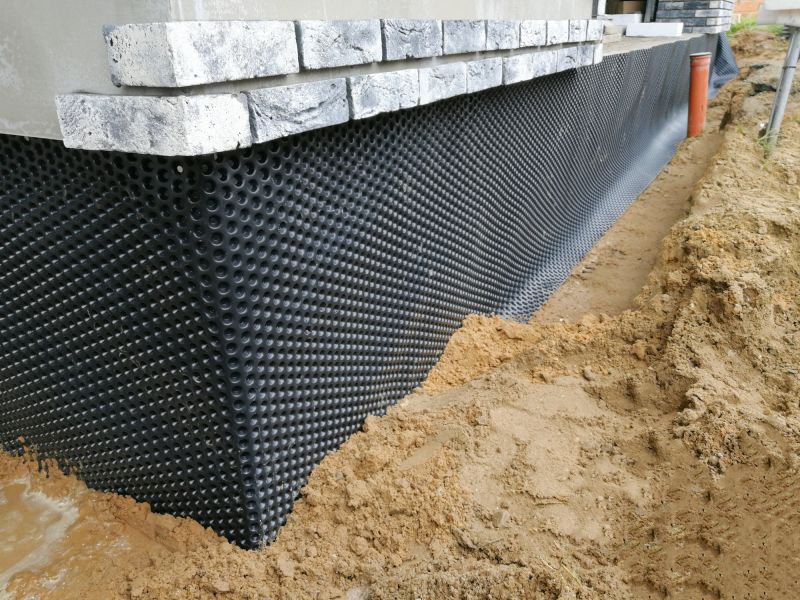
Ways to make Waterproofings work in tight or awkward layouts.
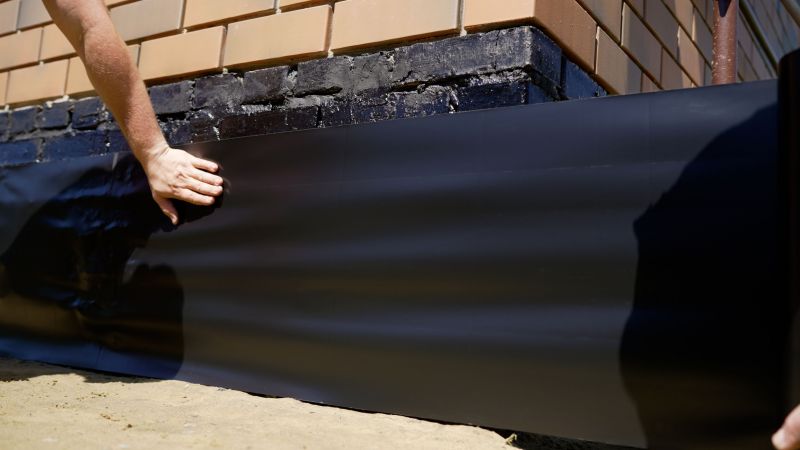
Popular materials for Waterproofings and why they hold up over time.
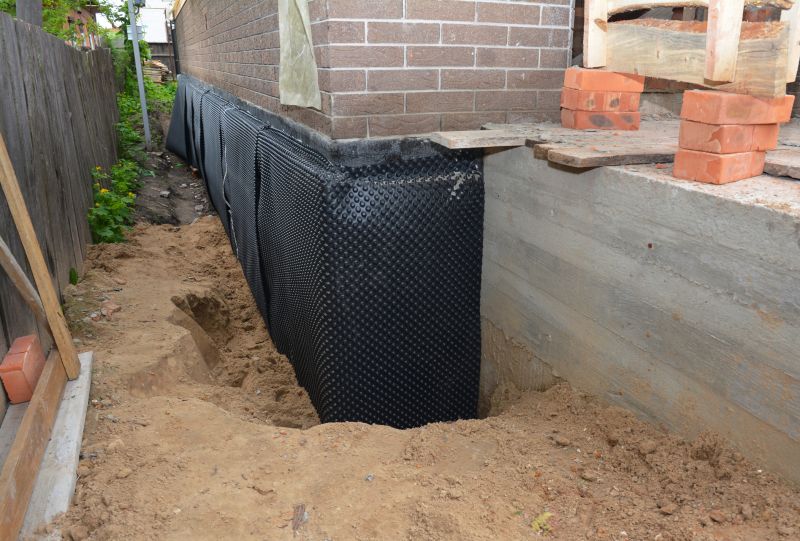
Simple add-ons that improve Waterproofings without blowing the budget.
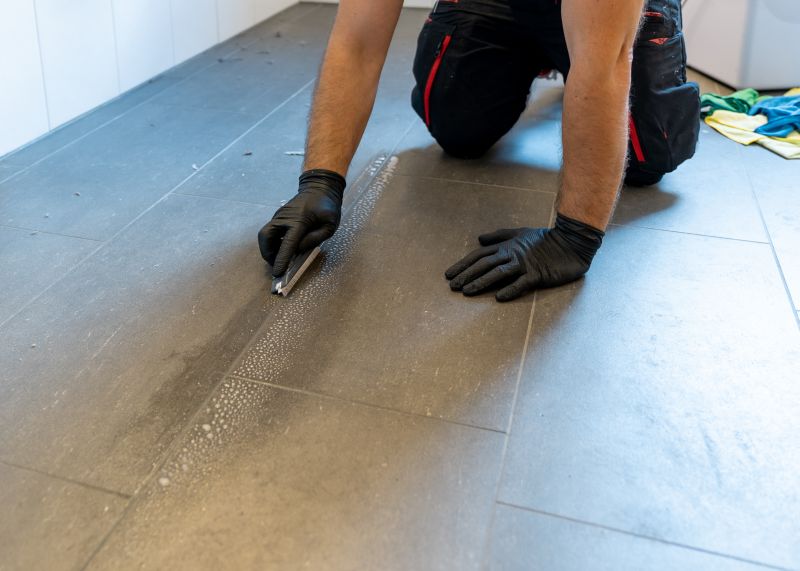
High-end options that actually feel worth it for Waterproofings.
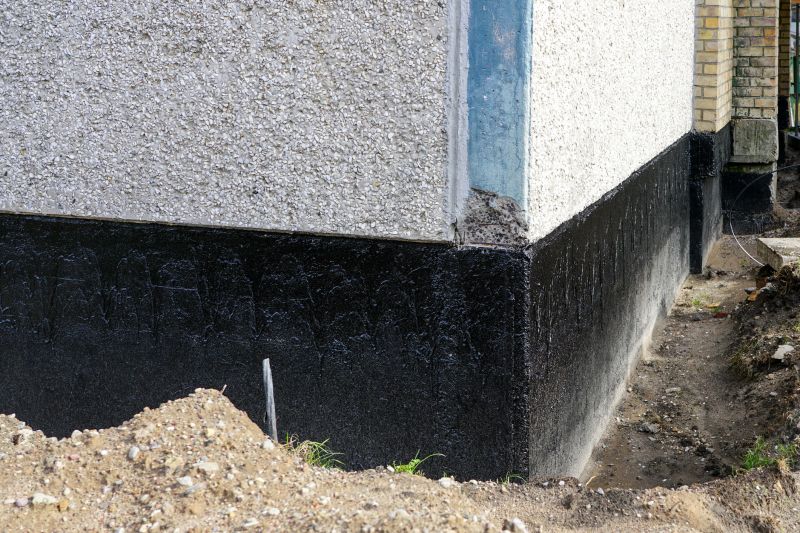
Finishes and colors that play nicely with Waterproofings.
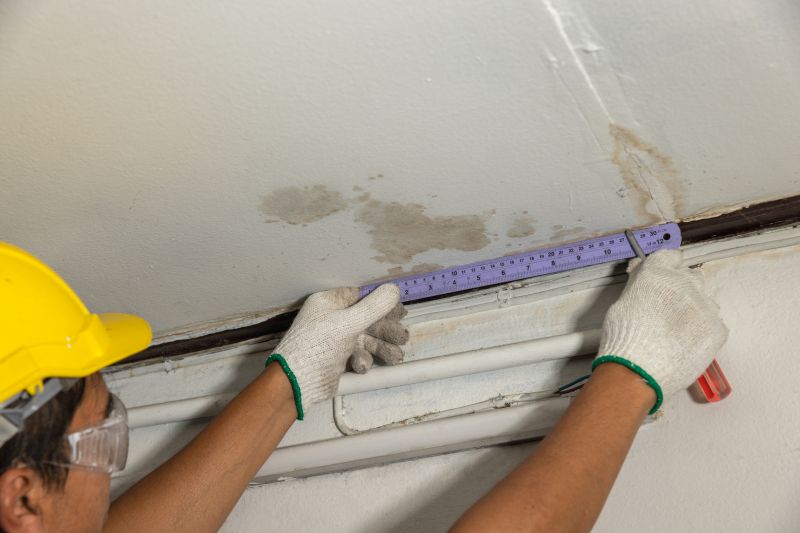
Little measurements that prevent headaches on Waterproofings day.
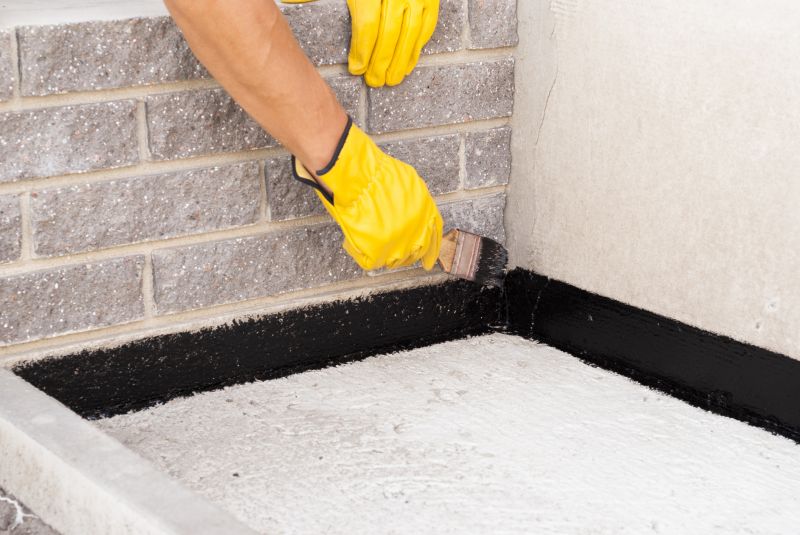
A 60-second routine that keeps Waterproofings looking new.
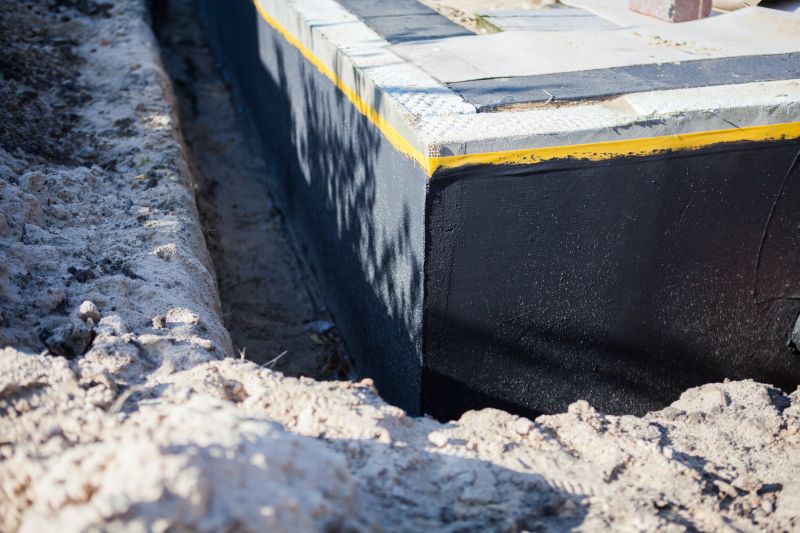
A frequent mistake in Waterproofings and how to dodge it.
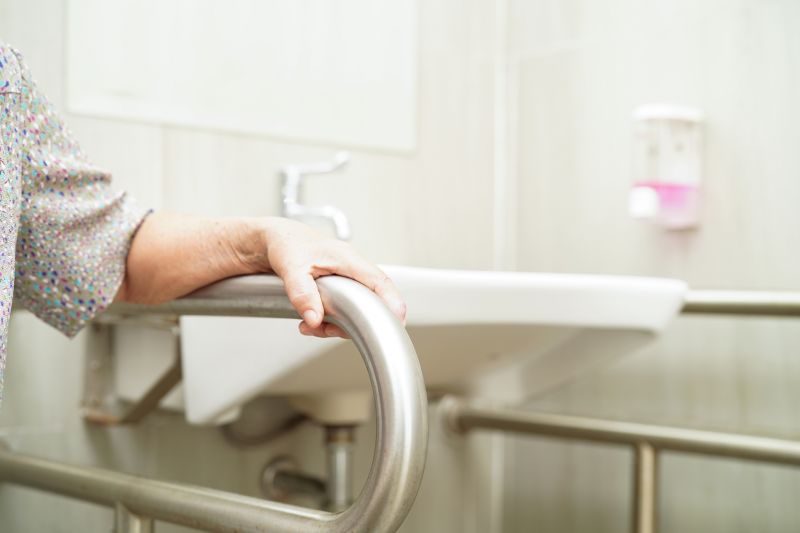
Small tweaks to make Waterproofings safer and easier to use.
| Season | Ideal Conditions |
|---|---|
| Spring | Moderate temperatures, low humidity, dry weather |
| Summer | Warm temperatures, low rain, dry surfaces |
| Fall | Cooler temperatures, dry conditions, moderate humidity |
| Winter | Cold temperatures, high humidity, potential for frost |
Waterproofings involve applying specialized materials to surfaces to prevent water penetration. These materials include liquid membranes, sealants, membranes, and coatings designed to adhere to various substrates such as concrete, wood, and metal. Proper timing of waterproofing application is crucial to ensure maximum adhesion and durability. Weather conditions significantly influence the success of waterproofing projects, with ideal conditions typically involving dry, moderate temperatures. Applying waterproofing during unsuitable weather can lead to failures, including peeling, cracking, or ineffective sealing.
Statistics indicate that waterproofing failures often occur when applications are performed during adverse weather conditions. Properly timed waterproofing can extend the lifespan of structures by up to 50 percent, reducing long-term repair costs. In addition, timely waterproofing measures protect foundations, basements, roofs, and balconies from water damage, which can cause structural issues if left unaddressed. Understanding seasonal patterns and weather forecasts helps in scheduling waterproofing projects effectively.
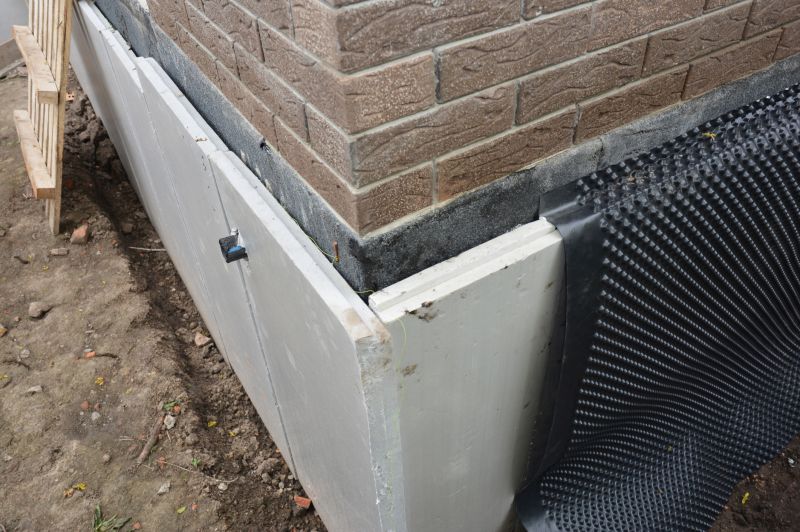
Lower-waste or water-saving choices for Waterproofings.
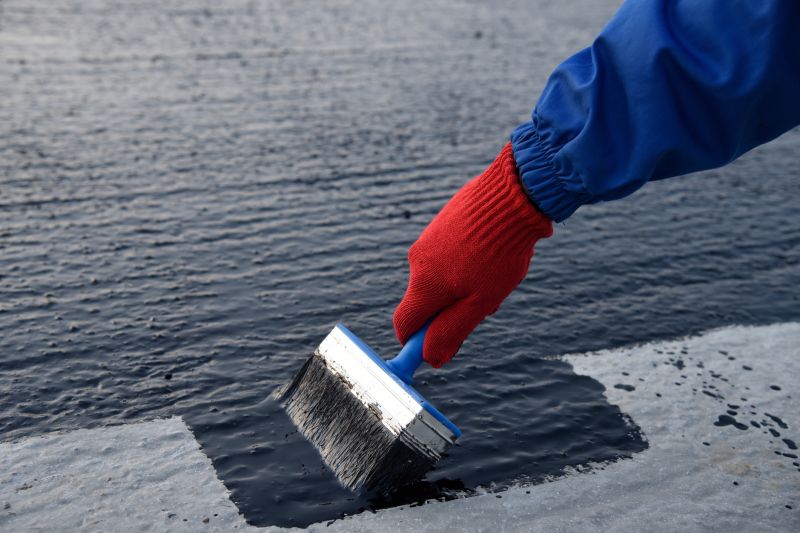
The short, realistic tool list for quality Waterproofings.
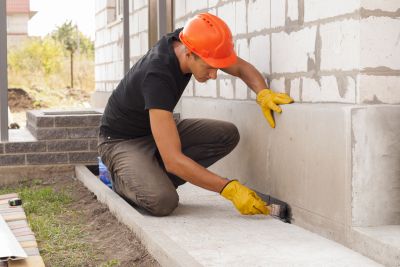
Rough timing from prep to clean-up for Waterproofings.
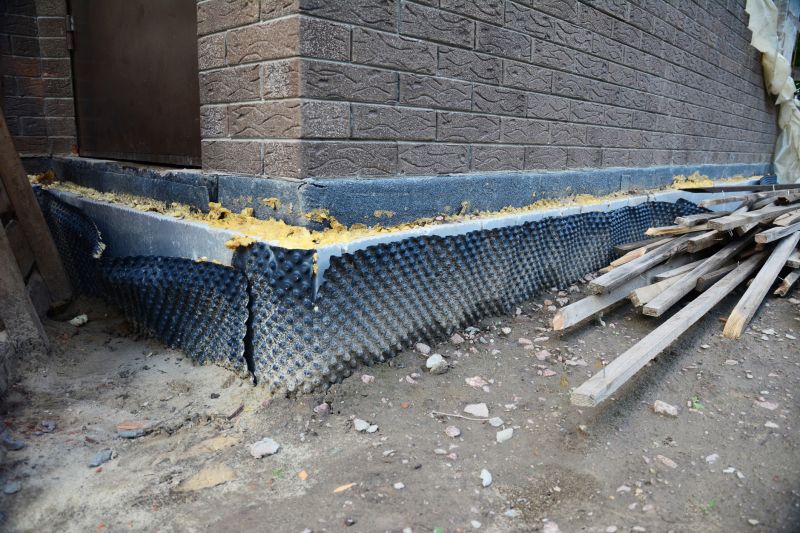
Quick checks and paperwork to keep after Waterproofings.
Interested in waterproofing services? Filling out the contact form can provide more information and assistance to ensure waterproofing is performed at the optimal time for long-lasting protection.


